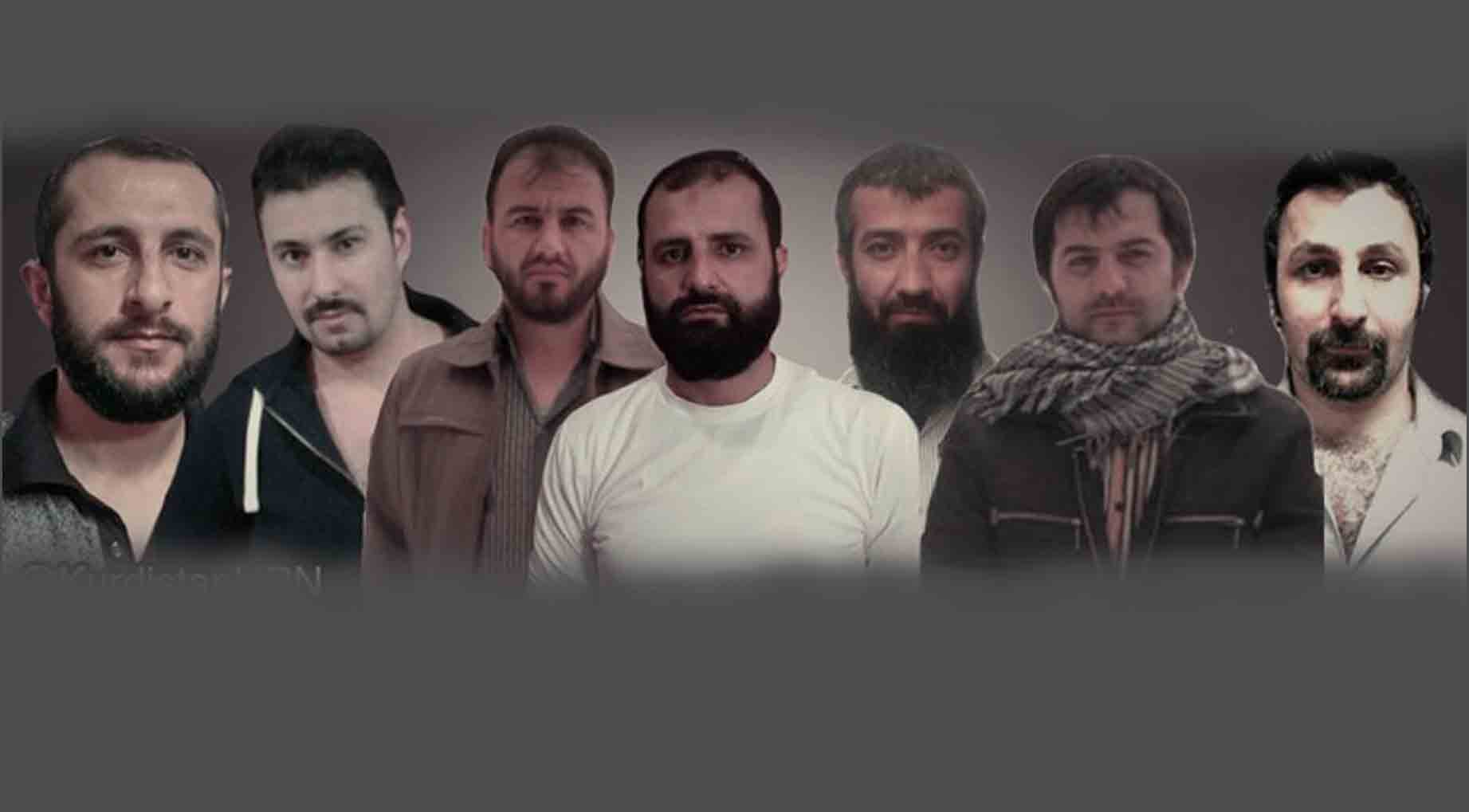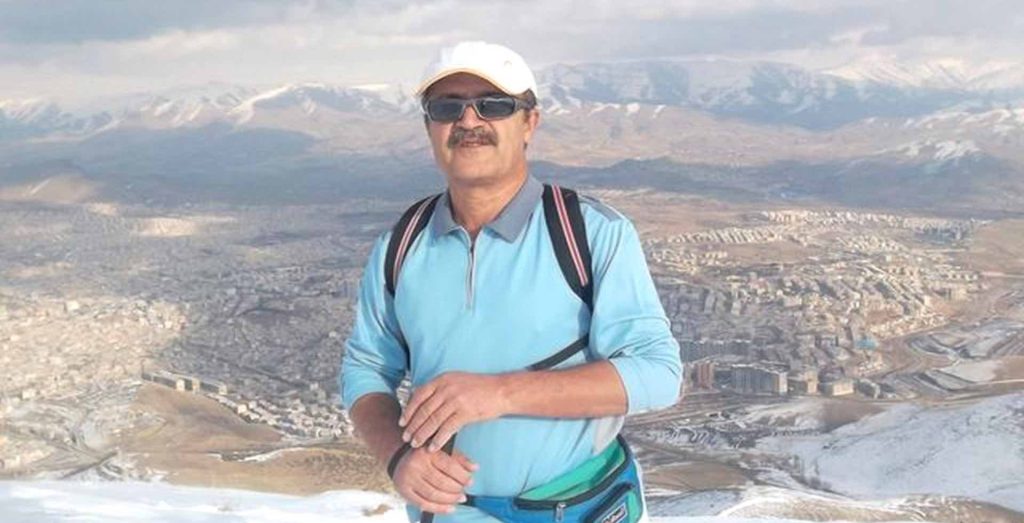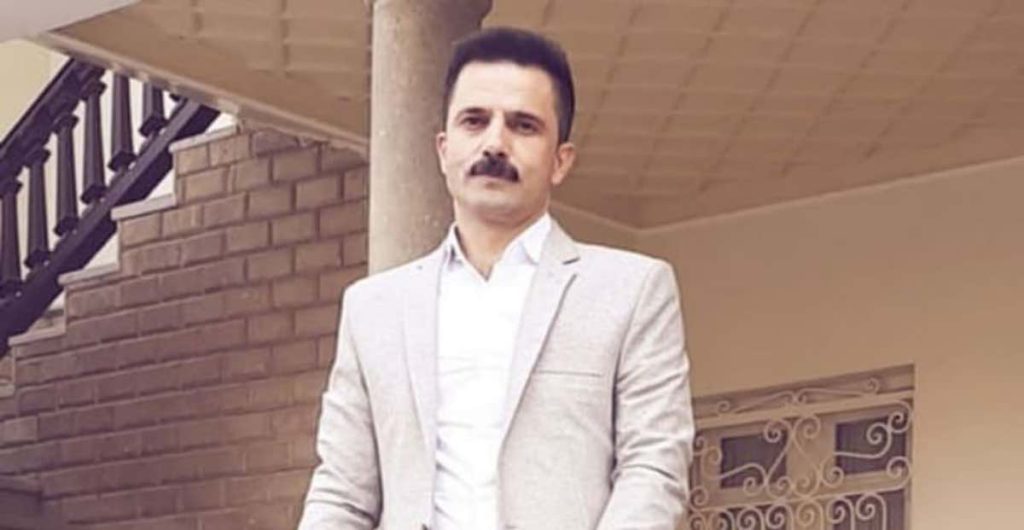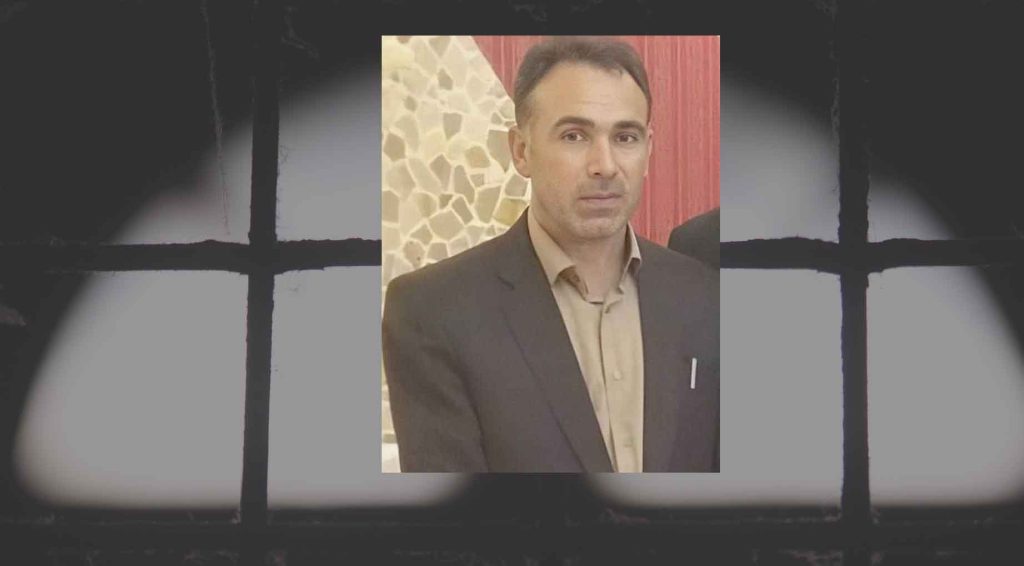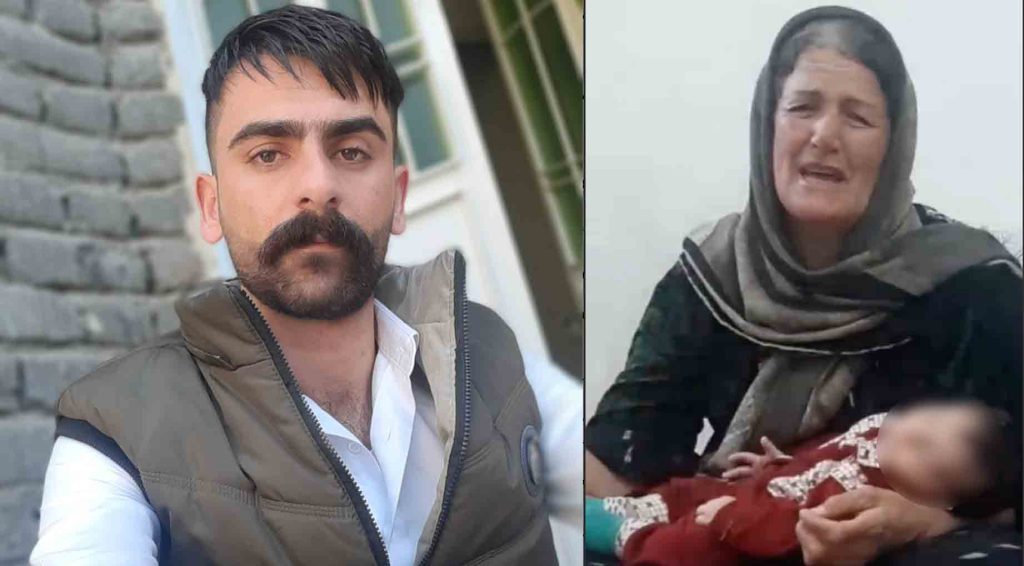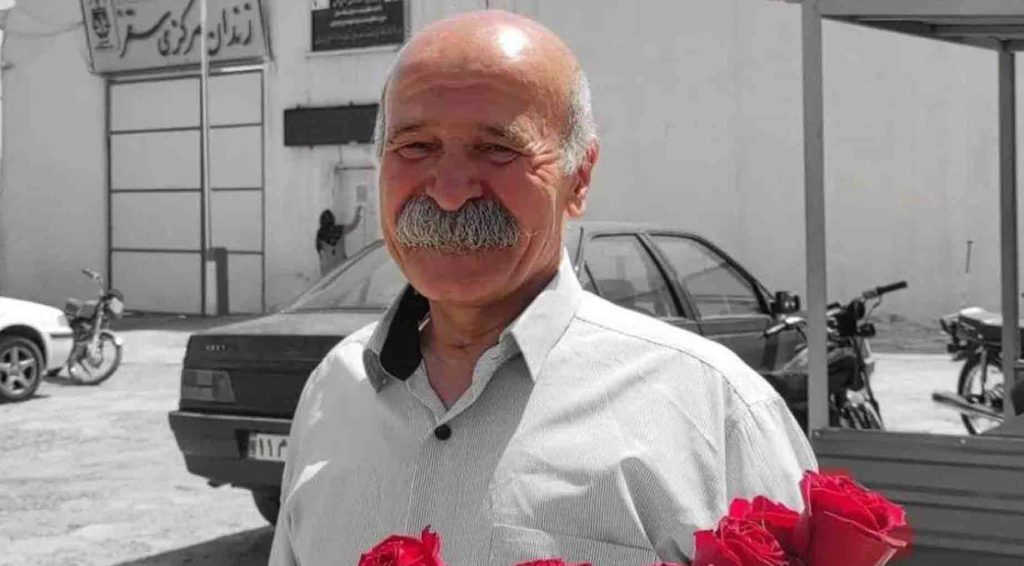Kurdish prisoners of conscience Anvar Khezri, Kamran Sheikheh, Khosrow Besharat, Davoud Abdollahi, Farhad Salimi and Ayoub Karimi, held at Ghezel Hesar Prison in Karaj, Alborz Province, are facing an imminent threat of execution, the Kurdistan Human Rights Network (KHRN) has learned.
One of the co-defendant of these prisoners, Ghassem Abasteh was executed on charges of “spreading corruption on earth” (efsad-e fel arz) took place on 5 November in the same prison.
After the Supreme Court upheld their death sentences in 2019, the cases of these six Kurdish prisoners were forwarded the Enforcement of Judgements Office for execution.
On 9 September 2020, Branch 38 of the Supreme Court had rejected the plea for retrial submitted on behalf of these prisoners of conscience.
All seven prisoners were arrested by security forces between December 2009 and January 2010 in Saqqez, Kurdistan Province, and Mahabad, West Azerbaijan Province.
Subsequently, they were taken to the Ministry of Intelligence detention centre in Orumiyeh, West Azerbaijan Province, where they were subjected to both physical and psychological torture for several months to extract forced “confessions”.
After the interrogation phase in Orumiyeh, the seven prisoners of conscience were moved to Evin Prison in Tehran, where they endured six months of solitary confinement and further questioning in Wards 240 and 209.
They were later transferred to Rajai Shahr Prison in Karaj on 20 March 2012.
At least four of these prisoners have, in recent years, revealed their torture experiences during interrogations at the Ministry of Intelligence detention centre through open letters.
In February 2021, Khosrow Besharat wrote: “It was in January 2010 when I was arrested by the intelligence forces in Mahabad and immediately transferred to the Ministry of Intelligence in Orumiyeh. They subjected me to various forms of torture for a full month in solitary confinement. Often, from midnight until morning, terrifying noises, cries, and screams of someone being tortured filled the air, instilling fear and trembling throughout my body. I could not sleep until morning due to the fear, and this greatly distressed and mentally tortured me. They often tied my hands tightly from behind, causing me to moan in pain. Many times, they hung me from the ceiling for hours with handcuffs, and at other times, they restrained me on a bed, strongly hitting the soles of my feet with electric cables, almost causing my brain to come out of my mouth, and my eyes to detach from their sockets, while my heart felt like it was about to burst.”
In a subsequent part of the letter, he continued: “These tortures continued for three weeks, after which they threatened to arrest my family members. During these tortures and threats, the interrogator wrote down the charges against me, and in that state, I was forced to sign and leave my fingerprints on the same paper. At that time, it felt like I did not exist in this world, and I did not know what I was signing.”
Anvar Khezri also wrote an open letter from Rajai Shahr Prison in Karaj in February 2019. After 56 days of torture, including repeated beatings to the head, chest, and soles of his feet in the Ministry of Intelligence detention centre in Orumiyeh, which he referred to as the “torture centre” of the Ministry of Intelligence, he attempted suicide.
Khezri wrote: “On the 57th day of my detention, I underwent surgery in the hospital performed by Dr. Tolouei. Upon regaining consciousness, I was transferred to the torture centre without the doctor’s permission. Through renewed torture, threats, exploiting physical weakness, the effects of anaesthesia, and the psychological crisis after surgery that takes the victim out of a normal state, and threatening to kill my family in a fake accident, they coerced me into finger-signing papers, the contents of which I did not even know. They then took me in front of a hidden camera, directing a scripted and pre-planned deceitful scenario. This film, full of lies, was directed in a way that any sensible person, upon a single viewing, would realize its falsehood and fabrication. It was broadcast through the criminal and deceitful Press TV network, which operates beyond borders and serves the dirty policies of the Ministry of Intelligence, even before any court proceedings.”
In March 2016, the trial of these seven prisoners on charges such as “acting against national security”, “propaganda against the state”, “membership in Salafi groups”, and “spreading corruption on earth” was held in Branch 28 of the Islamic Revolutionary Court in Tehran, presided over by Judge Moghiseh.
On 25 May 2016, they were officially informed of the death sentence. After the lawyer objected to the issued verdict, the case was referred to the Supreme Court. In Early 2017, this verdict was overturned.
After the referral of this case to Branch 15 of the Islamic Revolutionary Court in Tehran, presided over by Judge Salavati, in June 2018, these seven prisoners were again sentenced to death on charges of “spreading corruption on earth.”
Following the lawyer’s objection to the issued verdict, the case was referred to Branch 41 of the Supreme Court, and in February 2020, this verdict was upheld.
In August 2019, Farhad Salimi wrote an open letter to Ebrahim Raisi, the then-head of the judiciary, describing his situation during detention, the judicial process, and the issuance of two death sentences.
Salimi wrote: “Am I and my family not considered citizens of this country, or is the law executed based on subjective and selective preferences? During these 10 years, and after spending seven years in a state of uncertainty, I was first tried in 2016 by Branch 28 of the Islamic Revolutionary Court in Tehran, presided over by Judge Mohammad Moghiseh, where I was sentenced to death. After objecting to the issued verdict and its referral to the Supreme Court, in Branch 41 of the Supreme Court, presided over by Judge Razini, my sentence was overturned. In the case was then sent to Branch 15 of the Revolutionary Court, presided over by Judge Abolghassem Salavati, for reconsideration. However, Mr. Salavati, by delaying and procrastinating the session and creating baseless opposition to the legal representation of my chosen and legal attorney, Dr Mahmoud Alizadeh Tabatabaei, and by requesting his dismissal, prolonged the proceedings for about two years until he finally addressed my case in June 2019. After a month of deliberation on my case, he once again issued a death sentence based on charges of enmity against God, spreading corruption on earth and armed insurrection without any evidence or proof of the accusations mentioned in the case. In fact, the entire contents of the case are filled with contradictions, and my defence throughout the investigation and the court explicitly attests to the lack of credibility of the issued verdict in two stages.”
In July 2019, Anvar Khezri, Kamran Sheikheh and Khosrow Besharat were tried in a separate case by the Orumiyeh Court of Appeals on charges of “premeditated murder” of a Sunni clergyman named Abdolrahim Tina.
According to the issued verdicts communicated to these prisoners in July 2020, Khezri and Besharat were sentenced to 10 years in prison each on charges of “participation in murder”, while Sheikheh was sentenced to death for “premeditated murder.”
In August of the current year, the seven prisoners were transferred to Ghezel Hesar Prison after the closure and evacuation of Rajai Shahr Prison in Karaj. Later, on 5 November, Ghassem Abasteh was executed on charges of “spreading corruption on earth”.

